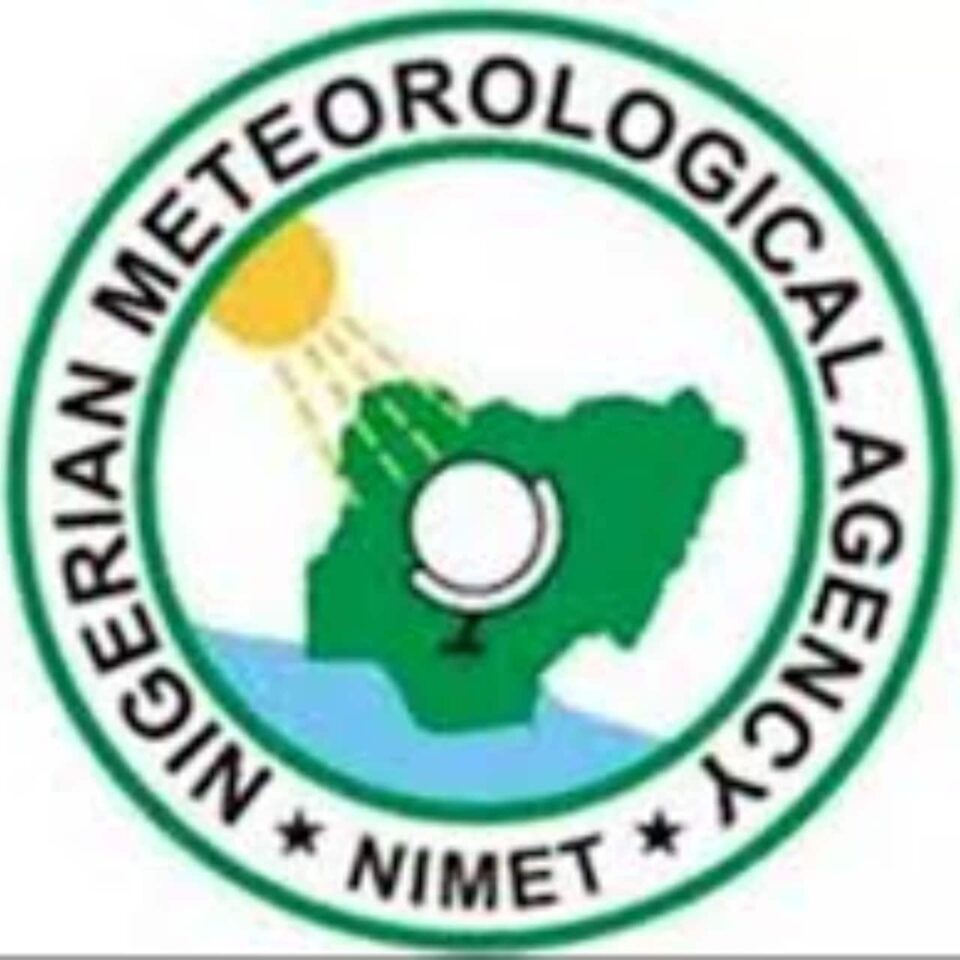By Myke Uzendu, Abuja
Flooding and drought in sub-Saharan Africa contributes 5-20 percentage point of food insecurity in the region, The Nigerian Meteorogical Agency , NiMet has reported.
Fash floods in urban areas, and storms also accounted for most to internal disaster-related displacement in 2020.
The Director General of the agency, Prof. Mansur Matazu stated this on Monday at the end of the Regional Forum on Seasonal Forecasting of the Agro-Hydro Climatic Characteristic of the rainy season for the Sudan-Sahel Zone, PRESAS-SS, workshop in Abuja.
Matazu who was represented by Engr. Mailadi Abba Misau called on the public to take seriously annual seasonal weather prediction, saying that doing otherwise will expose them to adverse effect of environmental hazards owing to seasonal changes.
He further disclosed that the workshop began with a review of capacity building on the forecasting process, forecast drivers and forecast tools, so that every participant will brought to the same level.
With focus on three thematic areas of agrometeorology, climate services and hydrology “each thematic groups produced the first country-level forecast, and then upgraded it to a regional forecast.
According to him, “It is possible to adapt to or mitigate the effects of adverse weather if a forecast of the expected weather can be obtained in time. Weather forecasts are needed for all activities of human endeavor from simply knowing what to wear to go out, to planning for the day’s activities, to how the farmer and his local extension agent will plan their agricultural activities, to how the water resources managers will plan the operations of their water infrastructure will schedule their departures, to how health practitioners will issue advisories for certain infectious diseases that are dependent on heat, wind speed and rainfall. There is virtually no sector that is not impacted by weather conditions.
“This platform is perhaps the best to further underline the importance of weather forecasting to regional integration and development.
“To be able to avoid or adapt to the effects of these parameters, society needs to be advised through forecasts that will alert and so make it prepared against any adverse effects that the parameters may generate. Occurrences of erratic weather, which knows no geographical boundaries by the way, are beyond human control.
The NiMet CEO called on stakeholders to endeavor to take the forecast down to the grassroots where it is needed most, especially for agricultural activities, arguing that “it will be a huge waste of resources (financial and human) to dump it on our shelves and not to downscale to the farmers and others that need the information.
Also in his address the Secretary General of world Meteorogical Organised (WMO) Petteri Taalas harped on the importance of data sharing to mitigate further effect of climate change on the region as well as inter agency collaboration for a more efficient service delivery.
According to him, “the issue of data sharing for better service provision is of paramount importance for Members in this region. With increasing capacity and capabilities in modelling and use of NWP, focus on quantity and quality data generation and timely sharing is highly desirable.
“Also noteworthy is the renewed focus on hydrology to strengthen the Earth System Approach/ break silo mentality and open up to better service delivery. I am pleased to see the strong collaboration between NMSS NHSS and urge you grow further”.
There were good will messages from the National Emergency Management Agency (NEMA), National Hydrological Services Agency (NIHSA) and other international organizations.



